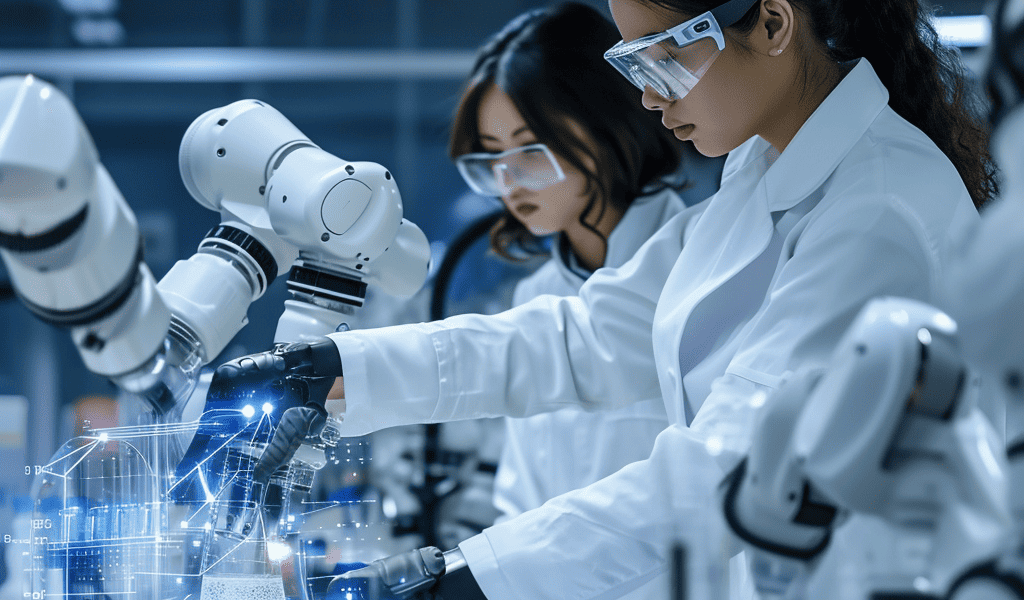Breakthrough in AI Research: Coscientist, an End-to-End AI Research Assistant, Developed by Carnegie Mellon University
US-based computational chemists have made a significant breakthrough in the field of artificial intelligence (AI) research. A team at Carnegie Mellon University has developed an end-to-end AI research assistant named Coscientist, powered by the GPT-4 large language model (LLM).
Coscientist is designed to handle time-consuming tasks such as determining reaction conditions and generating code for automated systems. The team, led by Gabe Gomes, has successfully demonstrated Coscientist’s ability to autonomously design, plan, and execute palladium-catalysed carbon–carbon bond formation reactions.
The development of Coscientist marks a major advancement in the integration of natural language processing AI in chemistry. While LLMs like ChatGPT were initially considered less suitable for chemical tasks compared to other AI systems, the research team’s successful utilization of GPT-4 has proven otherwise.
The team’s experimentation with LLMs began in October 2022, coinciding with the launch of OpenAI’s ChatGPT system and the subsequent release of the more advanced GPT-4 in March 2023. Leveraging the capabilities of GPT-4, the researchers integrated the model into four software modules within Coscientist.
One of the key modules is the planning module, which coordinates with other modules to search for public information about chemical compounds, analyze data from experiments, and control robotic laboratory equipment. The successful integration of GPT-4 into Coscientist has paved the way for more efficient and autonomous chemical research.
Gabe Gomes expressed his excitement about the capabilities of Coscientist, stating, ‘My janky prototype was able to do things really freaking well.’ The development of Coscientist represents a significant step forward in the use of AI as a valuable tool in the field of chemistry.





